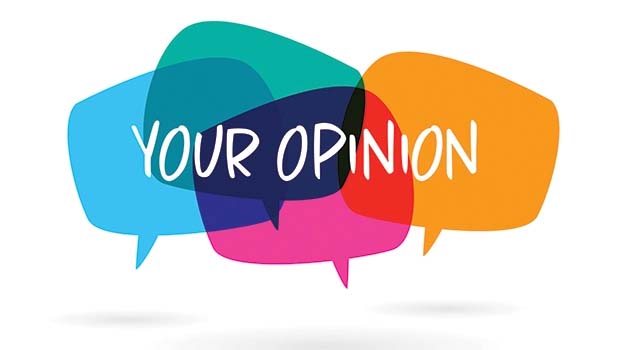NELDON: Participation is key to a prospering democracy
Published 9:45 am Thursday, April 25, 2019
The old saying, “don’t complain about what you refuse to change” has no better place than local government.
We are fortunate to be part of a democratic nation, with the fate of municipal governments and public schools placed in the hands of those we elect. While finding good representatives for our voices is a hugely important element of democracy, we as unelected citizens need to recognize that our role in local government does not end when we cast our ballots.
This week, the Dowagiac school board announced it is seeking input and participation from community members as it finds the next superintendent for the school district. These elected school board members could easily have moved the process forward by relying on their own opinions of candidates, but instead they are soliciting feedback from the community in each step of the process.
This week in Niles, city council members viewed the Island Park debacle in a new light after resounding feedback from the community was that the park is too valuable to return to its natural state. While city officials seemed to favor the idea of utilizing city funds on other projects to begin with, they listened to constituents and opened a piece of the project up for bid.
The council could ultimately decide not to take any of the bids and still let the park go, but for now, they are giving the people what they want.
Once officials are elected, democracy functions as those officials cast their votes on key issues, be they finding a new superintendent or allocating tax dollars.
Democracy prospers, however, in a participatory community. This means that once officials are elected, we continue to remind them of their obligation to consider the viewpoints of the community. We hold them accountable for casting votes that reflect a majority, while also responsibly considering the impact of those decisions. This also means that when those officials ask for our feedback or participation, we give it to them.
This participation comes in many forms. The most basic — and arguably most important — way to participate is to stay informed, either by attending council and board meetings in person, or by reading news articles recounting issues addressed in those meetings.
Those who are informed then have the responsibility to voice opinions on that information by writing letters and emails, calling representatives or directly addressing council members during open comment.
I cannot stress enough how important it is to directly address these individuals. Posting a status on your personal social media page or in a closed Facebook group and hoping that officials get wind of your opinion will not do it. This passive approach may ruffle feathers of other constituents, but likely will resolve nothing if the folks tasked with making decisions do not see the posts. If you do not feel comfortable reaching out directly to elected officials, I encourage you to submit letters to the editor to be published on a public platform. You may email me those letters at news@leaderpub.com.
Ultimately we give elected officials a lot of power when we select them to represent us, but that power is ours if we do not continue to participate in local government.
If you do not take action at the polls or any point after, you have no right to complain.





